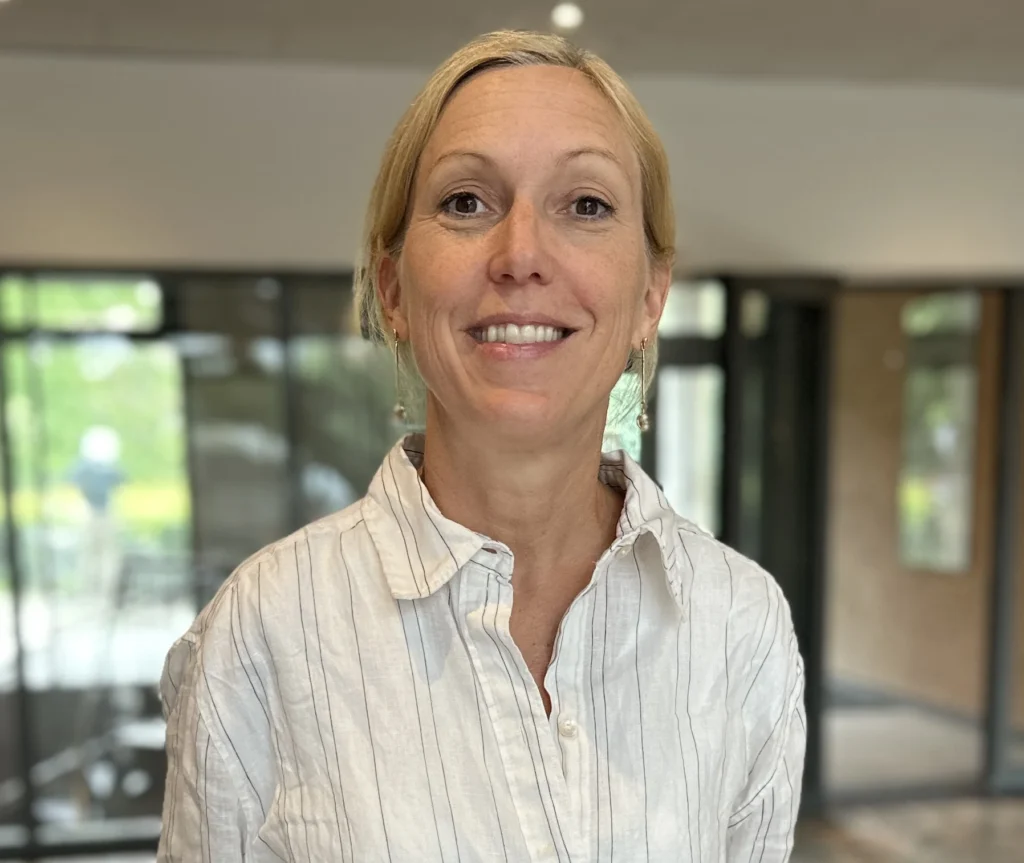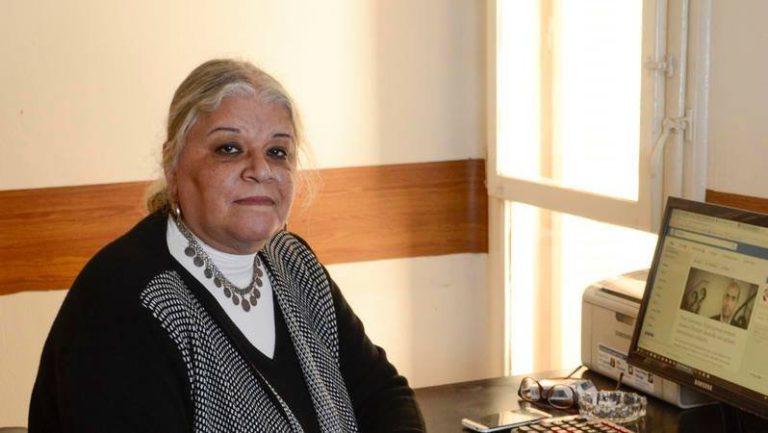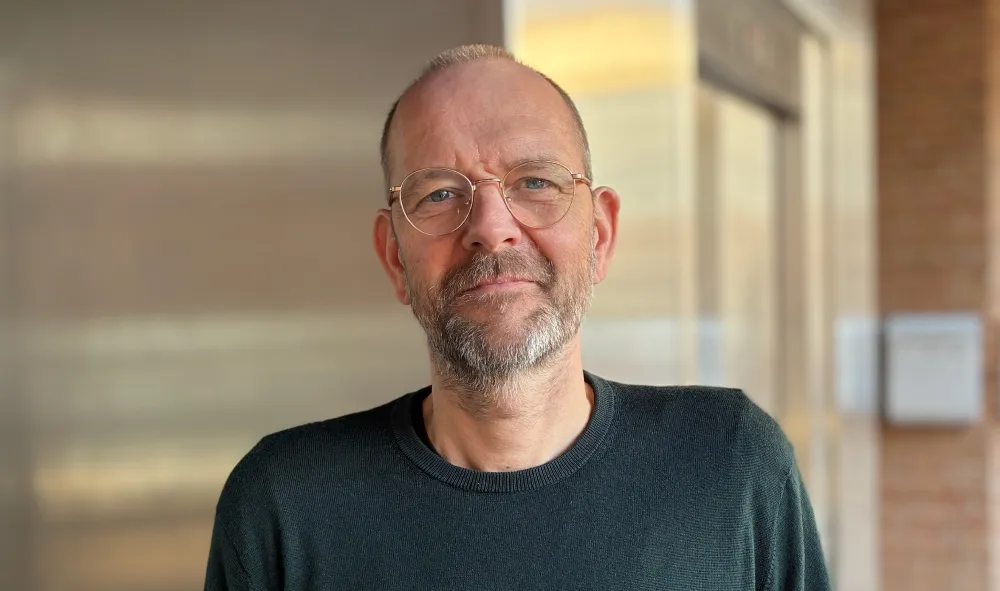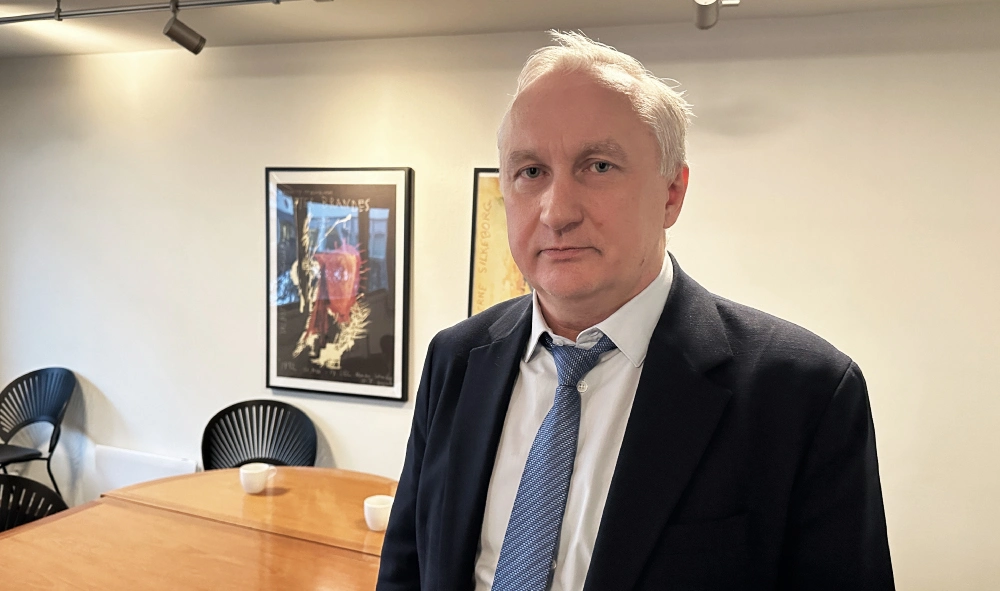“We have never been able to determine the extent of marginalization experienced by traumatized refugees precisely. However, now we can, thanks to our DTD database (The Danish Trauma Database for Refugees), which allows various clinics treating traumatized refugees in Denmark to record data about their patients. We can also merge this data with the population registers available in Denmark, thereby gaining a much clearer picture of how our patients are faring in society. This is new knowledge, and therefore of great interest to many others worldwide,” says Linda Nordin, Head of Research at DIGNITY.
DIGNITY, in collaboration with five other clinics in Denmark, has been collecting clinical data on traumatized refugees for more than three years. Each year, DIGNITY receivesinformation from approximately 1,200 clients, which they merge with the Danish population registers. This allows for comparisons between traumatized refugees and the general Danish population, as well as refugees who are not receiving trauma treatment.
According to Linda Nordin, it is already evident how the children of traumatized refugees and their families are vulnerable across a range of parameters:
“For example, they often live in relative poverty and have parents who suffer from severe mental illness or substance abuse, compared to the general population and refugees without trauma. We know that these factors lead to poorer outcomes for children as adults, particularly regarding education and employment.”
What has surprised you most about the preliminary data?
“We previously knew that physical pain plays a significant role for traumatized refugees. However, it is striking to see how physical pain is intertwined with psychological trauma. There is something about the interaction between pain and PTSD that makes both more difficult to treat, and we need to understand this better. The data also reveals that traumatized refugees are not a homogeneous group, which means we cannot offer the same approach and treatment to everyone.”
How will the knowledge from the database impact traumatized refugees?
Our new data allows us to predict which treatment methods yield the best results for clients. This means that, in the future, we will be able to tailor treatment options for our patients in a way that benefits them and society far more effectively than we do today. The potential of our database to directly improve the lives of traumatized refugees is immense, and we are committed to realizing this potential through our research and findings.
Your work with the database has attracted the attention of the international research community. How is this expressed?
“We have been pioneers in developing this type of database, and it has sparked global interest. We are the first to create such a comprehensive and specialized database, which has led several international researchers to reach out to learn more about our approach. They are curious about how we built the database. Additionally, there is broad interest in the future findings that the database may generate. We anticipate that our work will significantly contribute to the understanding of trauma, its long-term consequences, and the improvement of our treatment methods.”
Lastly, what motivates you as a researcher to work with the database?
“What motivates me as a researcher is the ability to make a direct difference for traumatized refugees. I no longer see patients as often, but I never forget the stories I encountered at DIGNITY’s clinic. For instance, I remember a family where the husband had been subjected to torture. He had owned a shop in his home country, but everything changed after fleeing to Denmark. He was confined to his own room, suffering daily from nightmares and flashbacks. He could not even tolerate watching television for fear of encountering something that might retraumatize him. Fortunately, he received treatment, which allowed him to reconnect with his family and even return to his hobbies, such as fishing. That is my motivation: to gain new knowledge about traumatized refugees so that we can help as many as possible regain some of what they have lost.”
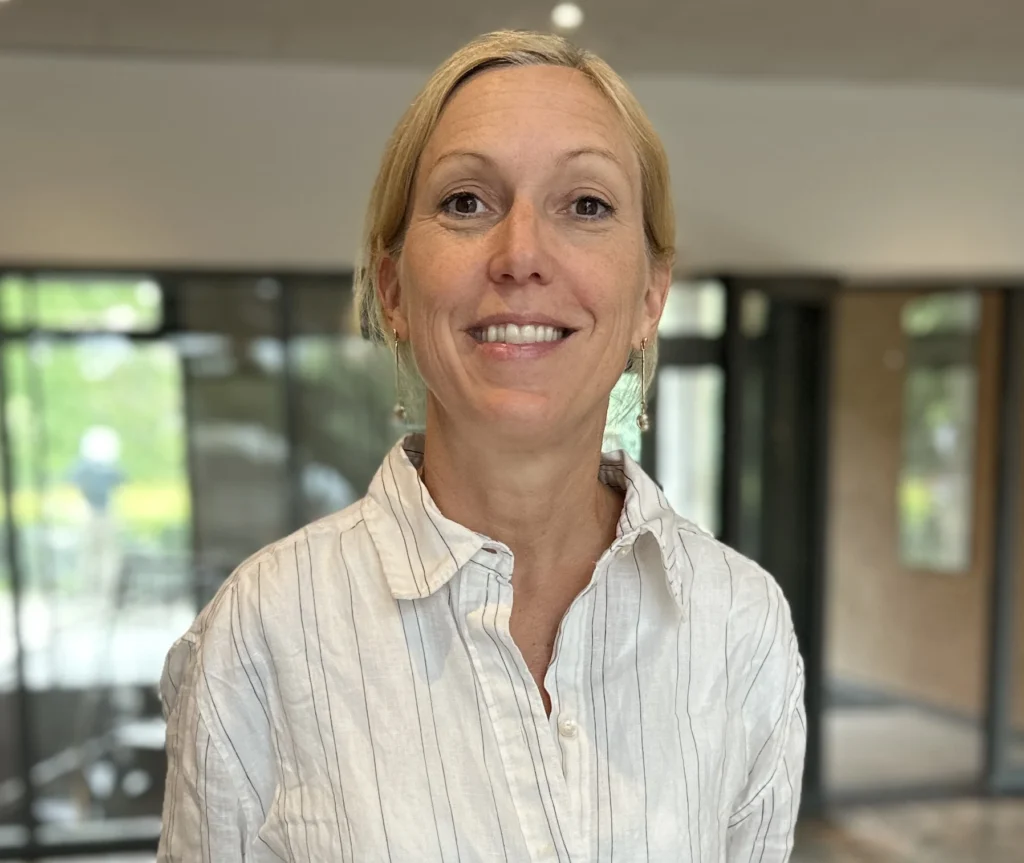
Linda Nordin Head of research, PhD, Psychologist
Research Area:Clinical psychology; refugees; torture; PTSD; pain; trauma focused treatment; Cognitive Behavioral Therapy (CBT); Acceptance Commitment Therapy (ACT)

